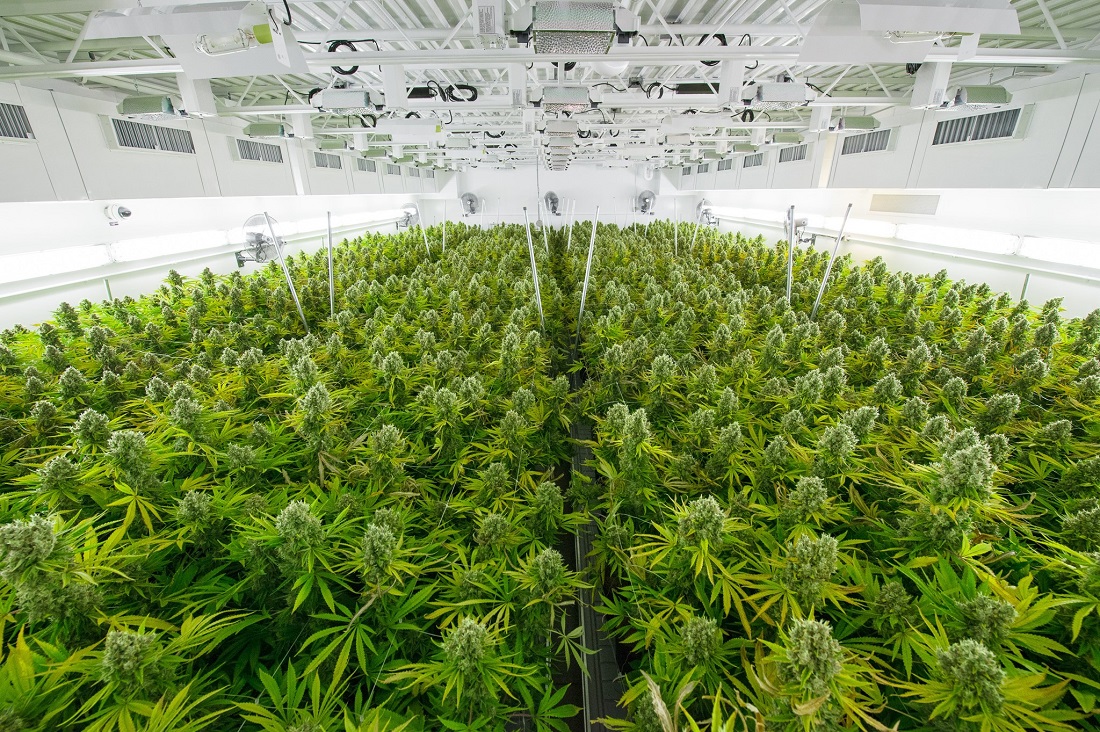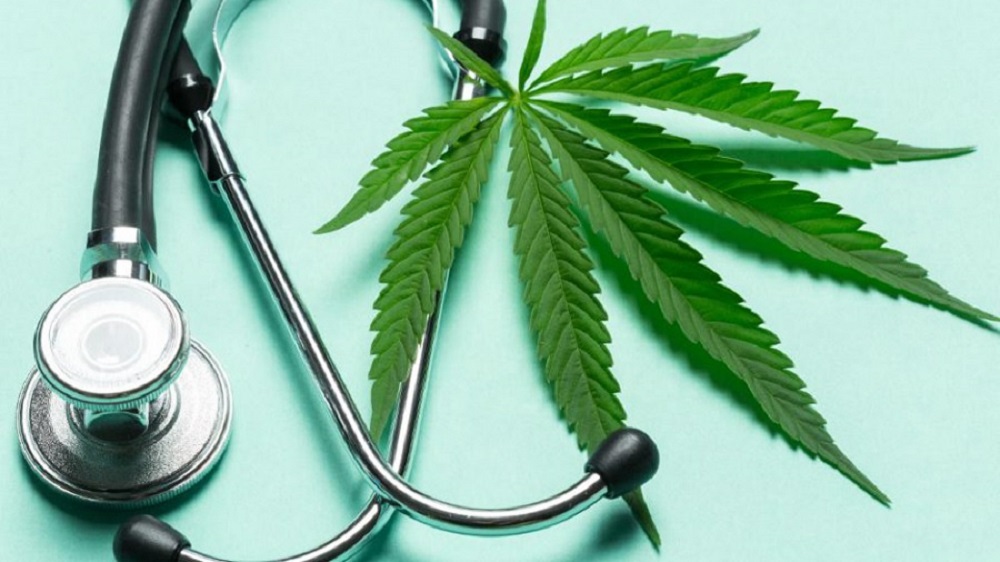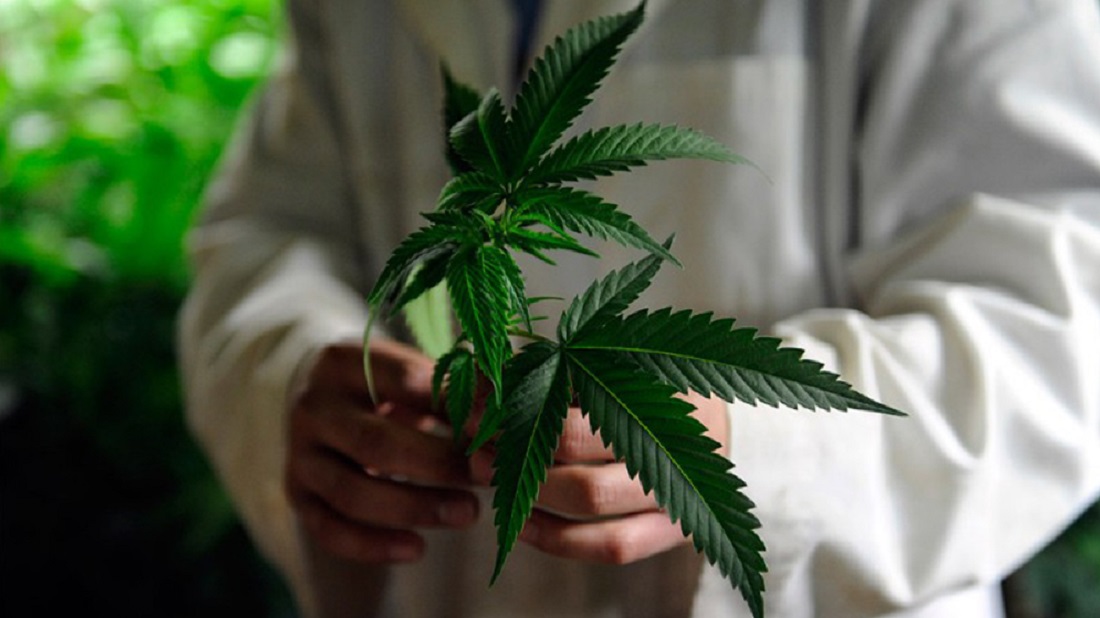RIO DE JANEIRO, BRAZIL – In a plain white structure, 2,458 marijuana plants grow in greenhouses and then their flowers become oils, sprays, and ointments based on two types of cannabinoids: THC (tetrahydrocannabinol) and CBD (Cannabidiol).
The environment is controlled by Abrace Esperança, the only patient association in Brazil that is legally authorized to grow marijuana for medicinal purposes. The products are released on prescription by 210 doctors in the country.

In two and a half years, the association has seen the number of patients increase from 155 to 2,500. They pay annuities of R$350 (US$87.5) and amounts that vary from R$150 to R$200 for the oil – ten percent of the number of imports.
The production is continuous but is no longer able to cope with the growing demand. There are at least one thousand people on the waiting list.
According to Cassiano Teixeira, director and founder of Abrace, the goal is to supply cannabis products to 10,000 patients by 2022, when the association’s second unit, in Campina Grande, Paraíba is up and running.
Abrace’s history began in 2014, based on a personal demand from Teixeira. His mother, Dona Zezé, 83 years old, has bronchiectasis, a pulmonary disease that causes shortness of breath and a build-up of secretion.
After hospitalization in which she “came out worse than when she went in,” Teixeira said, he decided to try an alternative treatment: Cannabis oil.
Teixeira began illegally manufacturing the product in his home kitchen after reading about it on the Internet. “I bought the plant from traffickers and produced the oil. An hour after I gave it to her, my mother was already better, she came around again.”
Through social media, he met a group of mothers of children with epilepsy who were fighting to import cannabis oil and learned that he could also help his brother, Ascendino, 55 years old, who suffers from the same seizures.
The price of the imported product, however, was prohibitive, and he went on to grow it illegally, also supplying the oil to a group of patients.

In 2017, now legally established and with 155 patients, Abrace obtained a preliminary ruling from the Federal District Court in Paraíba permitting cultivation. The proceeding is pending in the Federal Court of Appeals for the 5th Region, as ANVISA has filed an appeal against the injunction.
In parallel to Abrace, another patient association in Paraíba, called Liga Canábica, also obtained through the courts, in 2014, another unprecedented achievement: the right to collectively import cannabis oil without ANVISA’s authorization. “We didn’t even have a prescription or a doctor willing to prescribe,” recalls Sheila Geriz, one of the Liga’s founders and the mother of 10-year-old Pedro.
The boy started using the oil at the age of four to reduce the 40 daily epileptic seizures he had despite using 16 drugs a day. Today, using only cannabis oil, the seizures amount to three or four a month, Sheila says. At the age of eight, he started walking. “He is a child who is now able to live his childhood more fully.”
In the case of his son, Sheila and her ex-husband Júlio Américo, who chairs the Liga, started to fight for medical cannabis. They guide families and advocate domestic planting.
“Everything that has been happening in Paraíba is by a preliminary ruling of the Federal court, not by the public policy of who should regulate this, which is ANVISA. The leading role is played by two associations, Abrace, and the Liga Canábica,” says Jose Godoy Bezerra de Souza, 42, the prosecutor in charge of the victorious lawsuit.
In his opinion, the fact that this pioneer spirit has come from parents’ groups and not from pharmaceutical laboratories seems to have paralyzed government technical bodies. “It’s as if they weren’t prepared to deal with an option other than that of the big pharmaceutical companies.”
Today, the cultivation of medicinal cannabis seems to be incorporated into society in Paraíba. The capital is already called “Brazilian California,” alluding to the American state’s pioneering approach to marijuana, legalized for medicinal purposes since 1996.
In João Pessoa, local judges, prosecutors, politicians, businessmen, and artists endorse the cause. The possibility of a state laboratory manufacturing the oil in the future is under discussion.
As of 2020, the UFPB (Federal University of Paraíba) will include a subject on medicinal cannabis in its medicine, biomedicine and pharmacy courses.
More and more doctors are prescribing the oil, even for clinical cases that transcend the recommendation of the CFM (Federal Council of Medicine), which is restricted to refractory epilepsy.
General practitioner Roberta Barbosa, from João Pessoa, prescribes the oil for patients with cancer and neurodegenerative diseases, such as amyotrophic lateral sclerosis and multiple sclerosis. “People are coming from all over Brazil, the demand is growing. Today we are more confident in prescribing it. Each patient has the appropriate prescription for their clinical condition.”
Not that this trajectory has been easy. The employees of Abrace report that in the beginning, they suffered from suspicion by relatives and friends and even a police raid. “A girlfriend broke up with me because she didn’t accept me working with marijuana,” says Luciano Lima, manager of Abrace.
Jéssica Freitas, a chemist at the association, says she had distrustful looks from her college classmates. “The scent [of marijuana] permeated her clothes and they were commenting. But there’s no way to work here and not fall in love with the patients’ stories.”
These are stories such as that of nurse Talita Fereira, 38, and her daughter Maria Clara, 3, who has a rare central nervous system condition that causes quadriplegia, convulsions and delayed development.

“She seized all the time, 50, 60 seizures a day, even taking three anti-convulsants. I was the one who asked the neurologist about using cannabis. The SUS doctor did not accept it, but the private [clinic] doctor was more open and said that we could try it.”
The doctor referred to an imported product, but Talita could not afford it. “It would cost R$1,200 per month.” With Abrace, the monthly treatment, with two types of oil, totals R$450.
“After two months of use, the convulsions started to diminish. Now it is at most three per day. She became more attentive, she follows us with her eyes.”
Luciana Paulino, 38, also points out an improvement in her mother’s dementia, Terezinha, 72 years old, after 60 days of using the oils. “She was completely dependent, only ate mashed food, couldn’t shower alone. She went back to eating solid food, bathing, all without help. She changed drastically.”
Source: UOL

